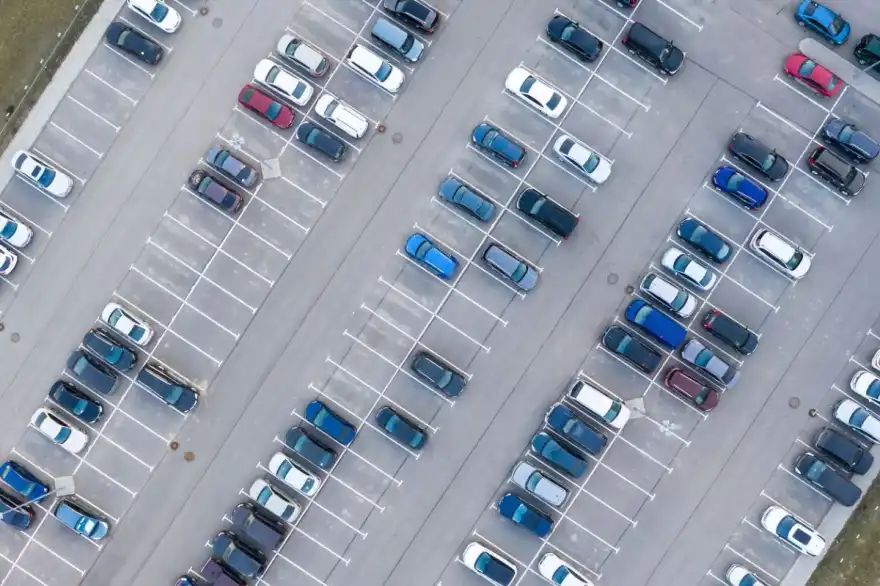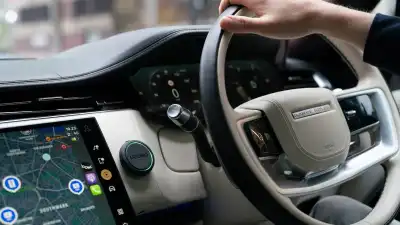
With cars growing considerably over recent years - and with SUVs becoming more popular - many people are now driving cars which come close to the maximum dimensions of a standard UK parking space. But what does this new research from Churchill Motor Insurance show? Let’s take a look.
Average car size has risen considerably over the years
Analysis by Churchill Motor Insurance of 10 popular family car models found that the average width has increased from 168cm when they were first launched to 180cm today. Even cars like the now-discontinued Ford Fiesta have grown by 19cm in width since its launch date in 1989, while the Mini has swelled by 34cm since the pint-size original appeared in 1959.
Even more recent models like the Vauxhall Mokka have widened by two centimetres since its launch in 2012 - so it isn’t just older models that have seen an increase in size.
Parking bays remain the same
However, despite the widening of the UK’s favourite models, the size of an average parking space is recommended to be 240cm wide by the British Parking Association, meaning that on occasions there could be just 30cm between each side of a parked car and the edge of a bay.
These dimensions are based on guidelines first issued by the British Parking Association back in the 1970s, meaning that many modern cars will come near to the very edges of these recommended parking space sizes.
Wider cars are getting damaged more often
Drivers aren’t just struggling to get in and out of their cars as a result of the extra size - they’re also damaging them more often, too. The study of 2,000 adults found that the damage caused by hitting another car, scraping walls or bollards, or getting in and out of parking bays cost UK motorists an estimated £424 million each year.
In fact, a third of drivers said that they had their car damaged in a car park over the last year, with the average price of a repair coming in at £223.50. Just seven per cent said that the person who caused the damage ended up paying for the repairs, too.
Drivers are resorting to other measures
Tight parking spaces have meant that drivers are often left to resort to alternative ways of gaining entry to their cars. Some 22 per cent said that they have climbed into their parked car via the boot on at least one occasion, which comes as two out of five admit that they have to squeeze themselves into a car when parked next to another vehicle at least once a month.
Drivers admit to being in far larger cars than before
Nearly a third of drivers say that they now drive a larger vehicle than they did five years ago. Some key reasons behind this decision included wanting more internal space for luxury and comfort, liking the car design of a larger vehicle and requiring more space for leisure and work equipment.
Nicholas Mantel, head of Churchill Motor Insurance, said: “Ask almost any driver and they will have a story about having to creatively escape their car due to a lack of space when in a car park, even crawling out through the boot.
“Widening cars combined with parking bays that haven’t been redesigned to accommodate today’s models, means motorists all over the country are at risk of damaging their cars through no fault of their own.”



